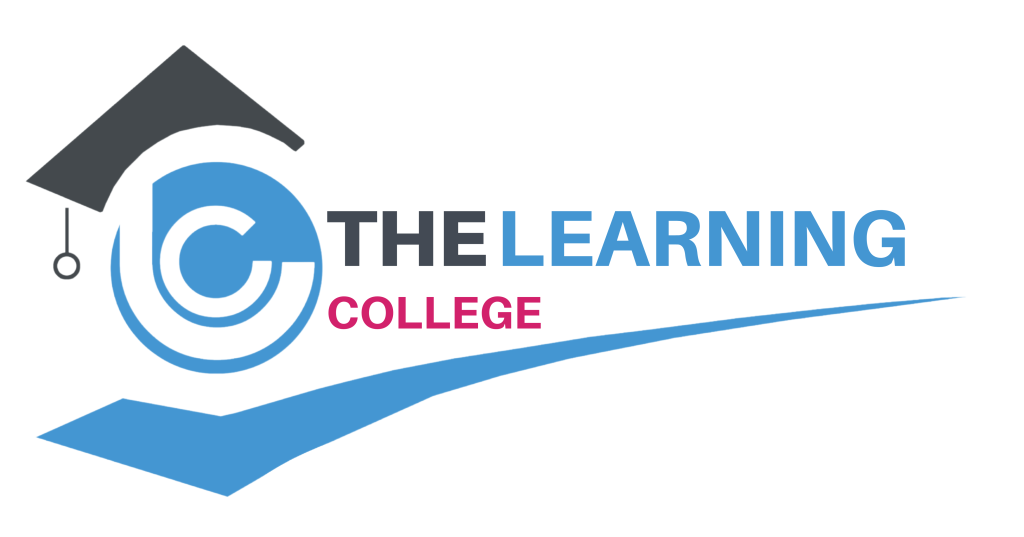The Role of a Teaching Assistant
Navigation
The Role of a Teaching Assistant
The role of a teaching assistant will vary hugely between different schools, and there’s often a large variation even within a school. Here we look at the typical job description of a teaching assistant to help you understand what the job involves.
Working one-to-one or with small groups of pupils
Teaching assistants will often be assigned to individual pupils who are in need of additional help, this may be because English is not their first language or because they have learning difficulties and require additional help understanding or completing tasks. You may also be asked to help individual pupils who do not require additional support, but where one to one teaching is necessary – for example listening to pupils reading aloud.
Teaching assistants are also often asked to support learning more generally, either by ‘floating’ and acting as additional support during class activities or by working with specific groups of pupils. Teaching assistants usually quickly become very adept at identifying where in the class additional support is needed and once they are settled into their role there is often some degree of flexibility as the teaching assistant and teacher work together to ensure that their time and energy is best spent in a way that optimises learning for the class.
Supporting pupils with learning difficulties or disabilities
Pupils who have been diagnosed with learning difficulties will sometimes have a teaching assistant assigned to them for either all or part of the time to support their learning. This support may be necessary because a pupil is physically disabled, hearing or visually impaired and needs additional support accessing the curriculum. Or it may be because they have learning difficulties and need additional support to understand and complete tasks. Teaching assistants offer invaluable support to these pupils, helping them to keep up to speed with their peers and can often mean the difference between pupils accessing a mainstream curriculum or attending a special school.
Supporting pupils with English as a second language
Pupils whose first language is not English often need some additional support accessing the curriculum, especially at first. It is quite common in schools with a high ESL (English as a Second Language) intake for specialised teaching assistants who speak the first language of groups of pupils to be employed to help pupils to understand their lessons and help to overcome any social or cultural divide.
Preparing the classroom for lessons
A key role of teaching assistants is in preparing the classroom for lessons. This may involve a variety of activities such as photocopying worksheets, setting up art equipment, weighing out ingredients, preparing computers, rearranging the furniture for a particular activity and so on. In short, the teaching assistant is responsible for organising all of the peripheral items that are essential to the smooth running of the lesson in order to ensure that when the class arrives they can get on with learning as quickly as possible.
Tidying up and keeping the classroom in good order
It’s vital that classrooms are kept in good order to ensure an optimal teaching and learning environment. This means that teachers and pupils can find items that they need when they need them, and that the general environment is pleasant without the distraction of mess and disorder. Pupils think this orderly and organised environment is created by magic, but in fact it is the teaching assistants who are usually responsible for ensuring things are just so. Teaching assistants often take great pride in maintaining the classroom environment.
Creating displays of pupils’ work
In addition to keeping things in good order, teaching assistants are also responsible for creating displays of pupils’ work. This is a real opportunity to get your creative juices flowing and is a great way to brighten up the classroom and celebrate the achievements of pupils. Seeing their work beautifully displayed can be a fantastic ego boost to pupils so this is an important role. As well as displaying pupils’ work you may also be responsible for creating other displays for example about class rules, or pupil targets. You will work with the class teacher to decide how best to use the four walls of your classroom and your input with be invaluable and hugely appreciated by staff, pupils and visiting parents.
Helping on school outings or at school events
You may sometimes be asked to help support pupils beyond the classroom. This may be during lessons outside the classroom which may be within the school grounds, or it might be during official school trips or at school events such as school concerts or plays. In this circumstance, your role is likely to become more supervisory as you ensure that children are all safe and accounted for, though you will soon become adept at finding ways to inspire learning in any situation so you are likely to continue pupils’ education no matter where you are working with them.
CACHE Accredited Courses will help your employment opportunities
You may need to think about completing some additional training in order to work as a Teaching Assistant. You will find many providers offering Teaching Assistant courses online however you MUST ensure they are a recognised qualification and not just a CV enhancing course. Upon applying for Teaching Assistant positions, you will be required to take along with you your ‘recognised’ certificate. The awards you are looking for will be a RQF award as they form part of the ‘credit framework’ and are accepted by schools across the UK.
Call us today on 0178533646
What our customers are saying...
I have just completed my TQUK Level 4 HLTA qualification with The Learning College and I cannot fault my tutor Sheila she has been amazing throughout the whole process. Offering support whenever I needed it. I would happily choose The Learning College and Sheila for any future qualifications I want to pursue. Thank-you!.


I have just completed STLS Level 3 Award. My tutor was Sheila and she was absolutely brilliant, always easy to get hold of and so helpful. I found the course very informative and I like how the units and lessons were laid out. I would have no problem using them again.


Sharon was always very helpful if I had any questions, feedback was always good and very helpful to help me complete and resubmit my work.


I have had a brilliant experience on my course with Learning College. I completed the CACHE Level 3 Award in Childcare and Education (VRQ) course and I was initially a bit apprehensive about taking the online course. But, the videos in the field of qualification administration are excellently presented so that one can easily understand how to take the courses. Also my exam assessor, Sheila Green, was amazing in helping and supporting me throughout my course and was very quick to respond to any questions I had via email.


I have been studying with The Learning College since March 2022 and I have just completed my L3 Early Years course. I have had a great experience with any questions answered quickly. My tutor Linda was amazing and supported me in my studies every step of the way. I would fully recommend taking a course with them and would definitely do so again.


I am grateful for my time at The Learning College .The knowledge, skills, I have gained here. There was always someone willing to give a hand. I found the instructors and other staff members dedicated to helping students succeed and I would highly recommend it to anyone seeking good quality education and a supportive learning environment. Thank to all The Learning College team for your commitment to education.








